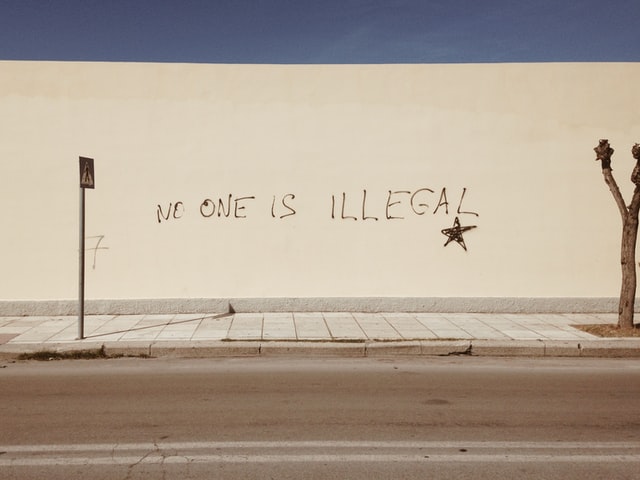
In a word: no. It will take more than one policy to address the humanitarian and political consequences of refugee crises. From the Yugoslav wars in the early 1990s to the Syrian exodus around 2015 to the recent situation at Poland’s border with Belarus—Europe keeps being afflicted by migrant emergencies. Yet there is still no consensus on how to distribute asylum seekers within the EU. We believe that market mechanisms can be part of the solution.
In 2015, the European Agenda on Migration unsuccessfully tried to allocate refugees to EU member states via mandatory quotas (based largely on GDP and population size). Five years later, the European Commission’s New Pact on Migration and Asylum argued for “flexible solidarity,” meaning that countries could choose between hosting asylum seekers and carrying out deportations for other countries. Research by one of us with Hillel Rapoport, recently summarized in our IZA World of Labor article, suggests an alternative and arguably more practicable form of flexible solidarity: quotas should be the first part—a sort of default option—of a three-step process that incorporates two market mechanisms.
Step two is a matching scheme. Just as students are matched to schools, refugees can be matched to countries. While matching does not mean that refugees can freely choose their most preferred host country, they are given the possibility of ranking destinations in order of their own preferences. Based on these preference lists, an algorithm assigns refugees to countries. One advantage is that no person would be forced to go to an undesired destination. Moreover, priority could be given to vulnerable refugees, such as unaccompanied minors or chronically sick persons. By making relocations voluntary, matching would facilitate the integration of refugees in their host societies, which should be beneficial for both sides.
The third step is a financial compensation mechanism. Countries perceiving their quotas as being too high should be allowed to trade them with other countries that are willing to do more. Put differently, each country should be given the opportunity to contribute to the provision of refugee protection in one of two ways: physically (by hosting its assigned number of refugees or even more) or financially (by paying other states to fulfill part of its quota). What we propose amounts to an adjustable subsidy for refugee protection, implemented via a market for refugee-admission quotas. If no country wants to provide physical protection, the subsidy will go up until some country does. In this system, refugee-friendly countries would be paid by refugee-unfriendly ones to provide the physical protection that the former are unwilling to offer.
Quotas constitute but one way of sharing responsibilities—physical ones. There is another way of contributing to the public good of refugee protection: money. We argue that EU member states should be given a choice between taking in refugees themselves and financially supporting other countries to do so, provided that a matching mechanism is in place to ensure that refugees’ rights are respected.
© Jesús Fernández-Huertas Moraga and Martin Hagen
Jesús Fernández-Huertas Moraga is associate professor of economics at the Universidad Carlos III and a Research Fellow of IZA.
Martin Hagen is an assistant professor of economics at CUNEF in Madrid.
Please note:
We recognize that IZA World of Labor articles may prompt discussion and possibly controversy. Opinion pieces, such as the one above, capture ideas and debates concisely, and anchor them with real-world examples. Opinions stated here do not necessarily reflect those of the IZA.